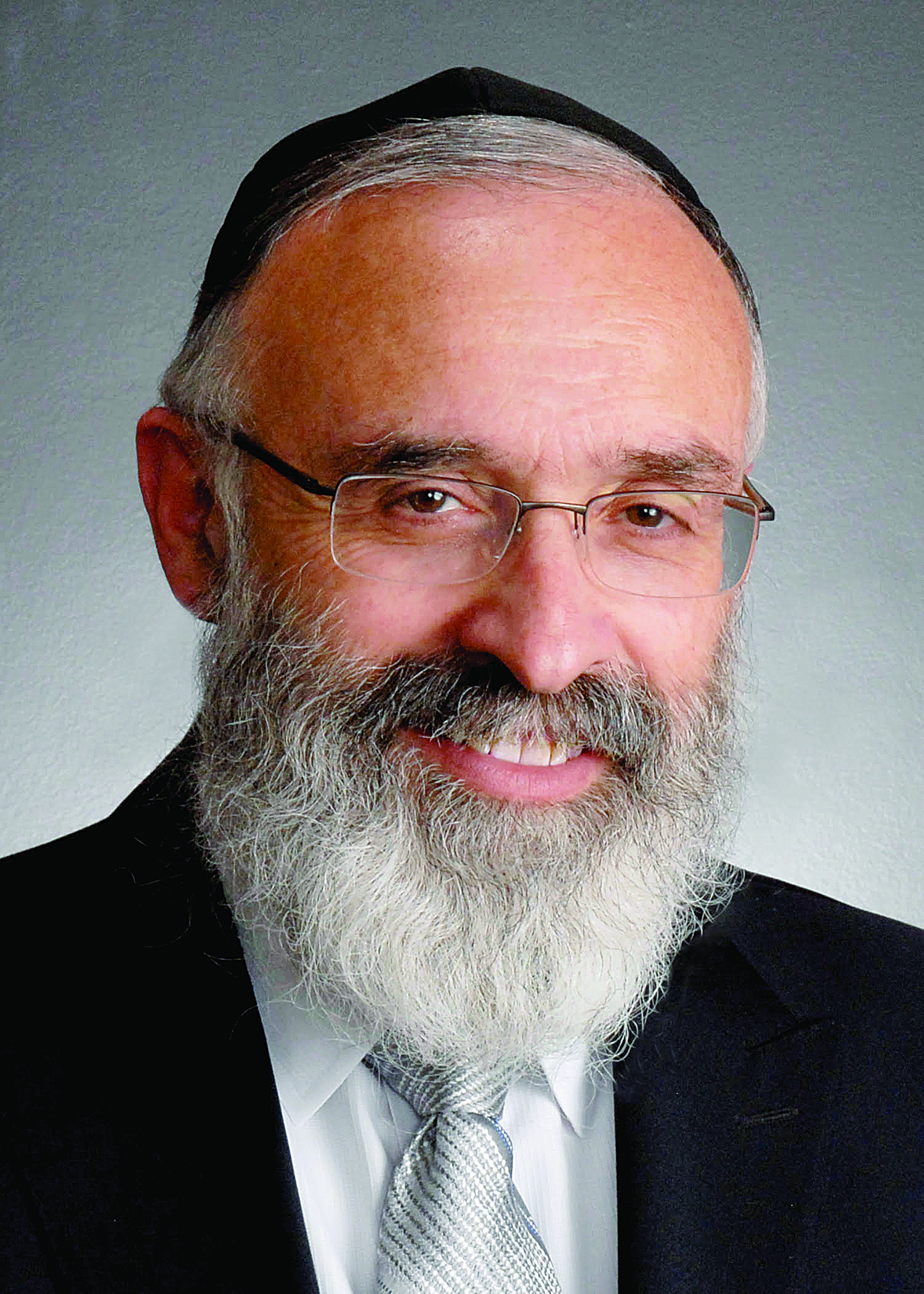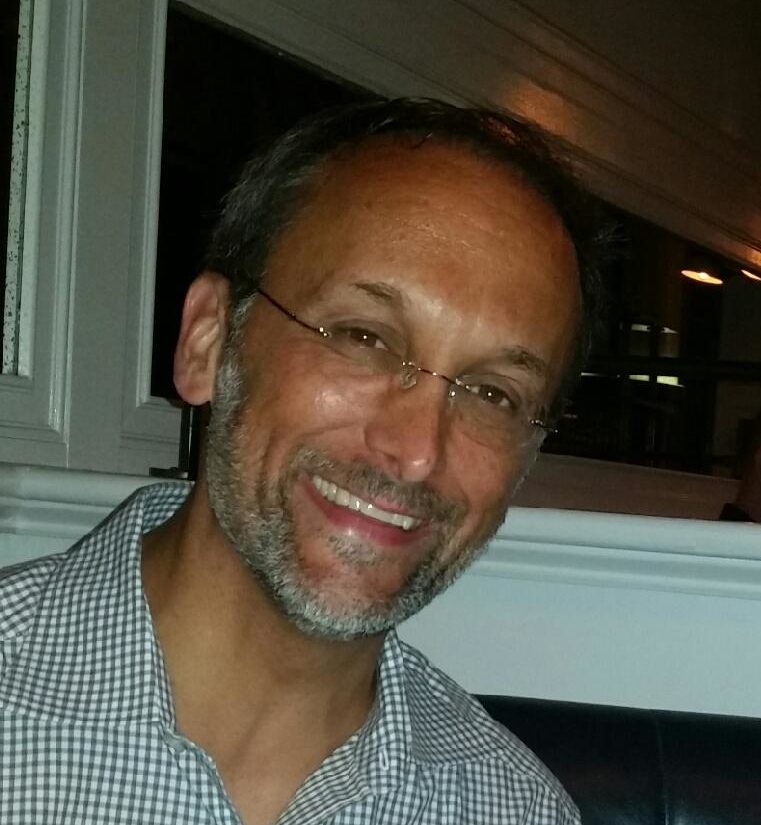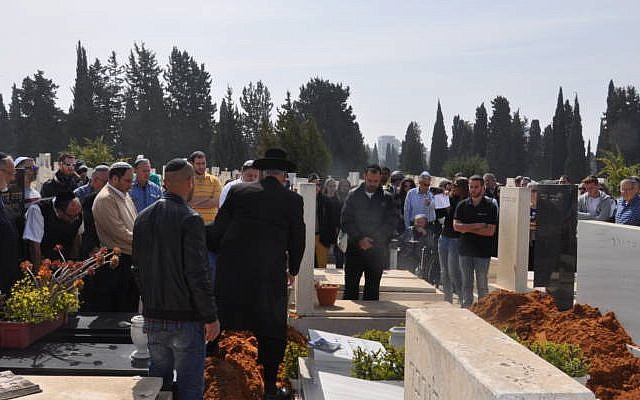Kaddish for Every Jew
A new group, led by Rabbi Yossi New, aims to ensure that funerals have enough men to form a minyan.
After 37 years with the Atlanta Journal-Constitution and now with the AJT, , Jaffe’s focus is lifestyle, art, dining, fashion, and community events with emphasis on Jewish movers and shakers.
Rabbi Yossi New of Congregation Beth Tefillah has rolled out a relatively new program, “Kaddish For Every Jew,” where he, with alerts from funeral director Eddie Dressler, elicits participation from his WhatsApp group to ensure there are sufficient men to make a minyan at a funeral.
The program was created for people who have requested and deserve a ritual Jewish funeral and don’t have survivors or friends to compose the 10 men. So far, Rabbi New has a set of 20 to 30 volunteers and would like others. The group is elective based on availability, so not everyone is needed for every funeral.

Group member Howard Aaron said, “Having a large family and base of friends myself, I have feelings for those who do not. The last funeral in which I participated was a Jewish woman who had intermarried but expressed her earlier wishes for a traditional Jewish burial. I am glad that we are there for them in all kinds of circumstances and am happy to be a participant.”
Both Rabbi New and Aaron are concurrently saying Kaddish for their own brothers.
The program is dedicated to the memory of New’s brother, Chaim, who initiated a similar one in Melbourne Australia, when he was visiting a deceased relative at the cemetery and saw a funeral of a Holocaust survivor going on without a minyan.
Atlanta native Eddie Dressler opened Dressler’s Jewish Funeral Care in 1997. It handles roughly 200 local burials, is sent out of Atlanta for burial in other cities roughly 70 times and handles about 70 non-traditional funerals per year. Most local Jewish burials occur at Greenwood Cemetery and Arlington, Crest Lawn, and North Atlanta memorial parks. Kaddish is recited at the burial.

Dressler said, “This program is about community and fulfilling our obligation to be there for them.”
Some background on the Kaddish: The first mention of mourners saying Kaddish is found in Or Zarua, a 13th century halachic work. In the 16th century, Rabbi Moses Isserles speaks of reciting Kaddish for a period of 11 months, as stated in “To Pray as a Jew” by Rabbi Hayim Halevy Donin.
The Kaddish makes no direct reference to death. It is in keeping with the fifth commandment to “honor thy father and mother,” inspiring a law that is in force alive or dead. Many say Kaddish for others besides parents.
According to Donin’s book, “There are the things, the fruits of which man enjoys in this world while the principle remains for him to enjoy in the world-to-come.” Accompanying the dead to the grave is one of those.
To reach out to Rabbi New and be on his alert list, contact Ynew@bethtefillah.org.




comments